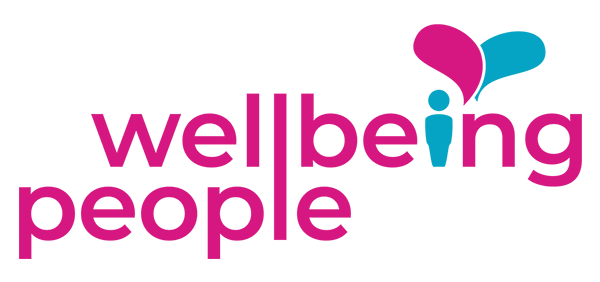Research shows that gratitude increases our happiness and gives us a greater sense of wellbeing…
So what does gratitude actually mean?
The Dictionary describes gratitude as the quality or feeling of being grateful or thankful. A practical clinical definition is that gratitude is the appreciation of what is valuable and meaningful to ourselves.
Being grateful is mostly associated with feelings of increased happiness and positive emotions. It enables us to relish in positive and enjoyable experiences, however big or small. Research also shows that expressing our gratitude to those around us strengthens relationships and communication between two people.
Focusing on the things we have…
Making gratitude a daily habit can help to retrain our minds and our gratitude threshold, helping us to be grateful for even the smallest things in life. It can help to refocus on the things that we have, not on what may be lacking in our lives. Of course, spreading your gratitude and positivity will have a ripple effect to those around us. The more we practice gratitude, the stronger our mental state will be!

some simple ways to cultivate and express gratitude
“At times, our own light goes out and is rekindled by a spark from another person. Each of us has cause to think with deep gratitude of those who have lighted the flame within us.” – Albert Schweitzer
At Wellbeing People we believe that by reducing stress levels and being able to relax with the focus being on the things that bring us happiness, helps us to achieve optimal wellbeing. Our online wellbeing programme Habits for Health offers insights into how to cultivate a mindset that fosters contentment and fulfillment. It highlights the fundamental components of the happiness and allow you to embark on a personalised journey to discover your unique path to joy and purpose.
Habits for Health focuses on the impact of 1% daily improvement. It is designed to inspire action, increase self-awareness, and create lasting change by encouraging small, manageable adjustments to your lifestyle and routine. Embracing daily gratitude helps us to focus on what we have, rather than what we lack, creating a ripple effect of positivity.
